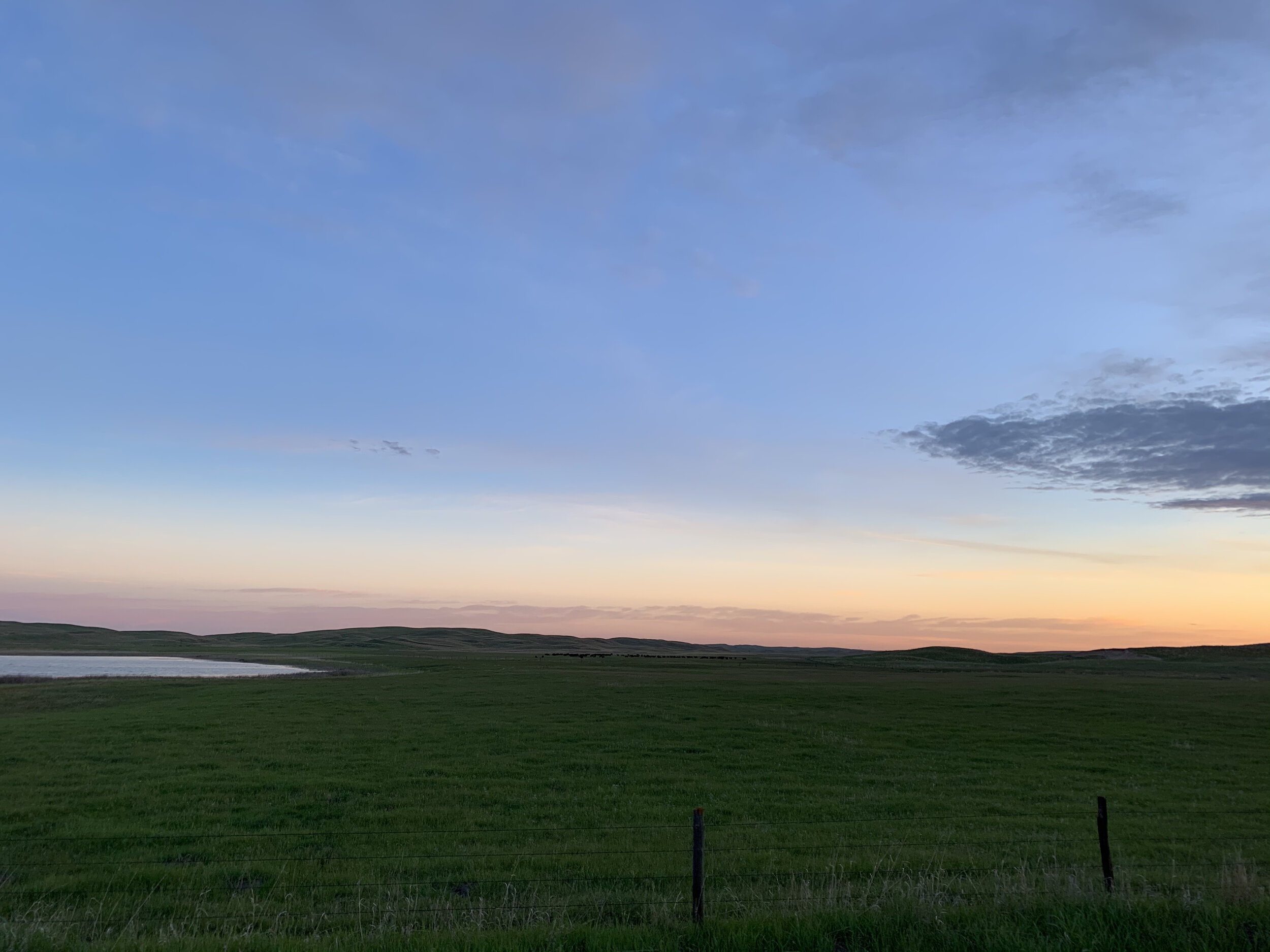The Rural Review
An online journal produced in conjunction with the Rural Reconciliation Project.
The Rural Review publishes digests of important academic contributions, program information, blog-style commentary, and periodic roundups of rural items from across academic disciplines and scholarly media.
Contributions from interested authors are welcome. Find our author guidelines here.
Thompson, Tomayko, Gunter, & Schuna: Four-Day School Week
In “Are All Four-Day School Weeks Created Equal? A National Assessment of Four-Day School Week Policy Adoption and Implementation” authors Paul N. Thompson (School of Public Policy, Oregon State University), Emily J. Tomayko (Center for American Indian and Rural Health Equity, Montana State University), Katherine Gunter, and John M. Schuna, Jr. (both of School of Biological and Population Health Sciences, Oregon State University) compile an overview of the four-day school week in America, and the impact that is has on students, families, and school districts.
Mencken, Carpenter, Lotspeich-Yadao, & Tolbert: Local Banks and Rural Prosperity
In Revenue & Readership: Rescuing and Reviving Rural Journalism, Teri Finneman (School of Journalism and Mass Communications, University of Kansas), Patrick Ferrucci (Department of Journalism, University of Colorado), and Nick Mathews (Department of Journalism and Communication, University of Missouri) seek to understand how both rural newspaper publishers and readers perceive the situation surrounding the business side of journalism.
Haggarty, Walsh, & Pohl: Public Finance via Land and Resource Trusts
Summary of Mark Haggarty, Kathryn Bills Walsh, and Kelly Pohl’s evaluation of New Mexico’s Land Grant Public Fund which supports the state's schools, infrastructure, and other services.
Eliason: From Public Trust to “Bulls for Billionaires”
In From a Public Trust to “Bulls for Billionaires”: The Collision of Wealth and Politics in Big Sky Country, Stephen Eliason (Department of Social Sciences and Cultural Studies, Montana State University) discusses three main influences on big game hunting regulations: (1) demographic change and technology, (2) land ownership and access, and (3) politics and license allocation. It is essential to understand these issues to find solutions that preserve hunting for “people of ordinary means,” including middle and working-class hunters.
Magnus and Sherrick: Rural Churches and Resource Provision
This digest explores recent work by Magnus and Sherrick on the powerful role of rural churches not only in providing essential social services but, also, setting social policy in rural communities.









